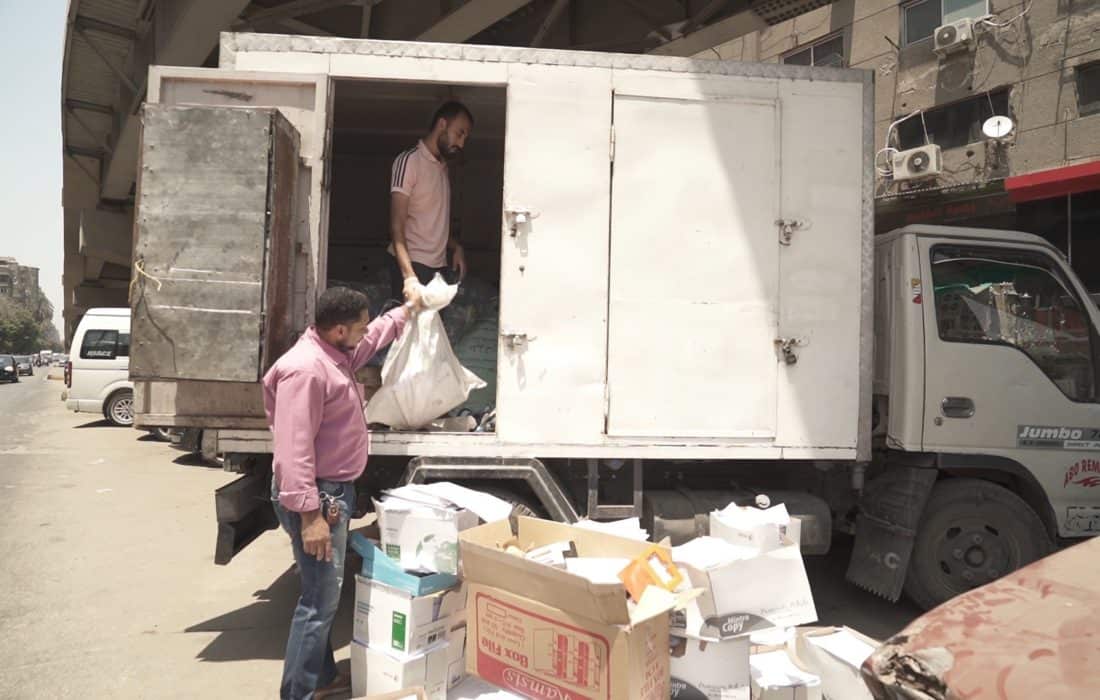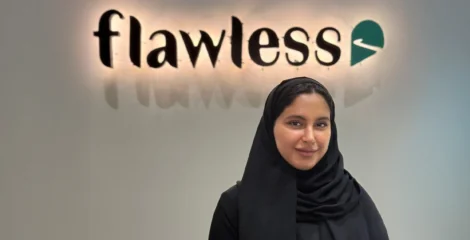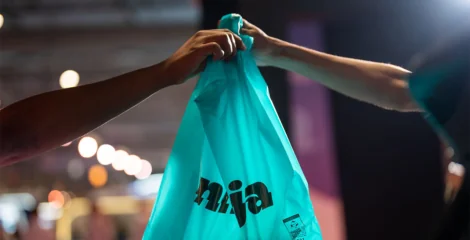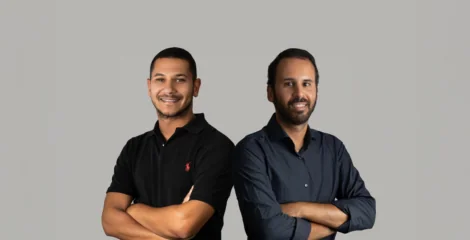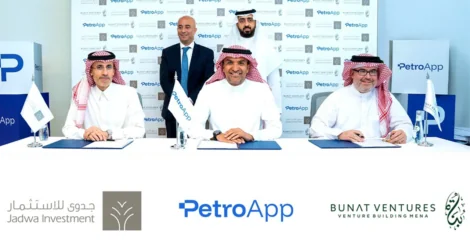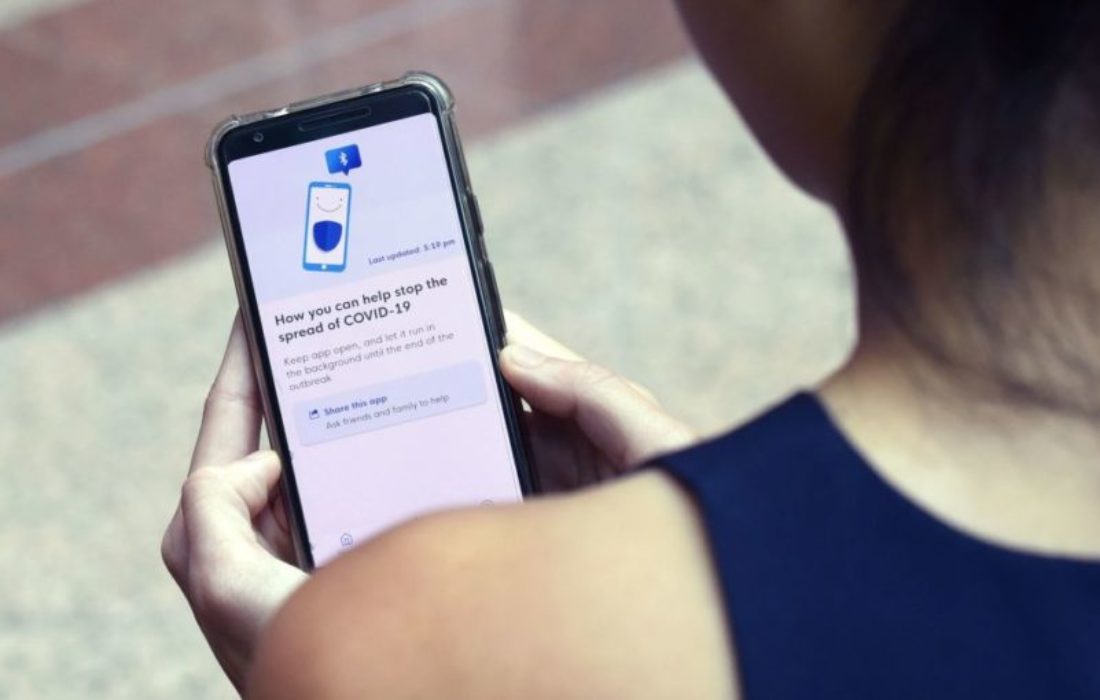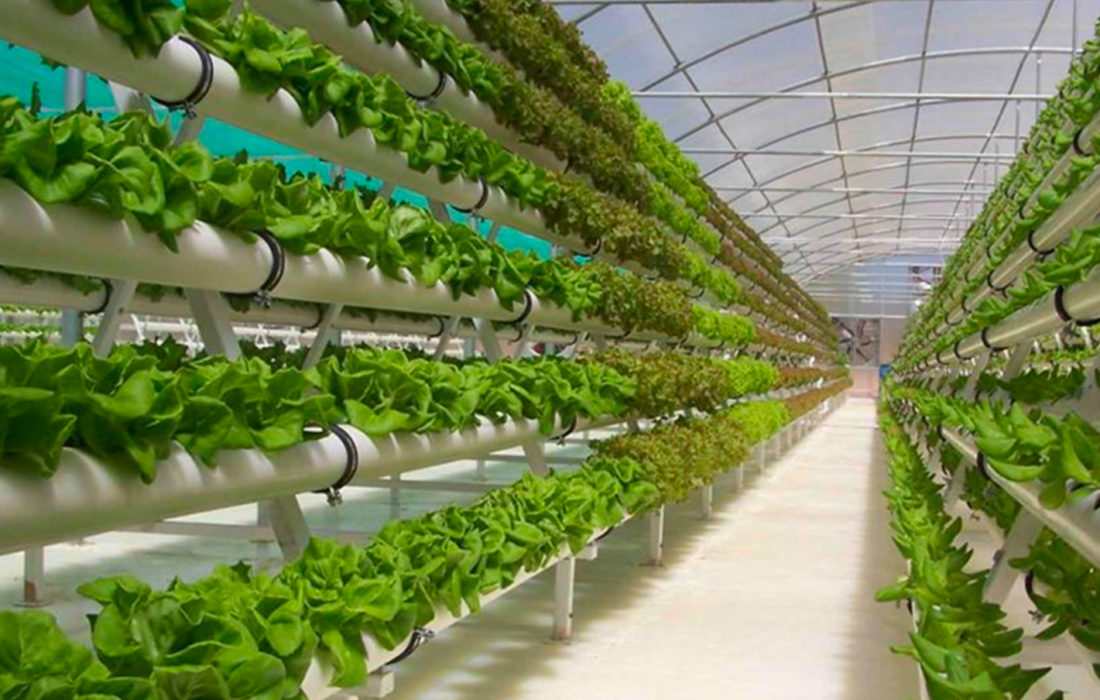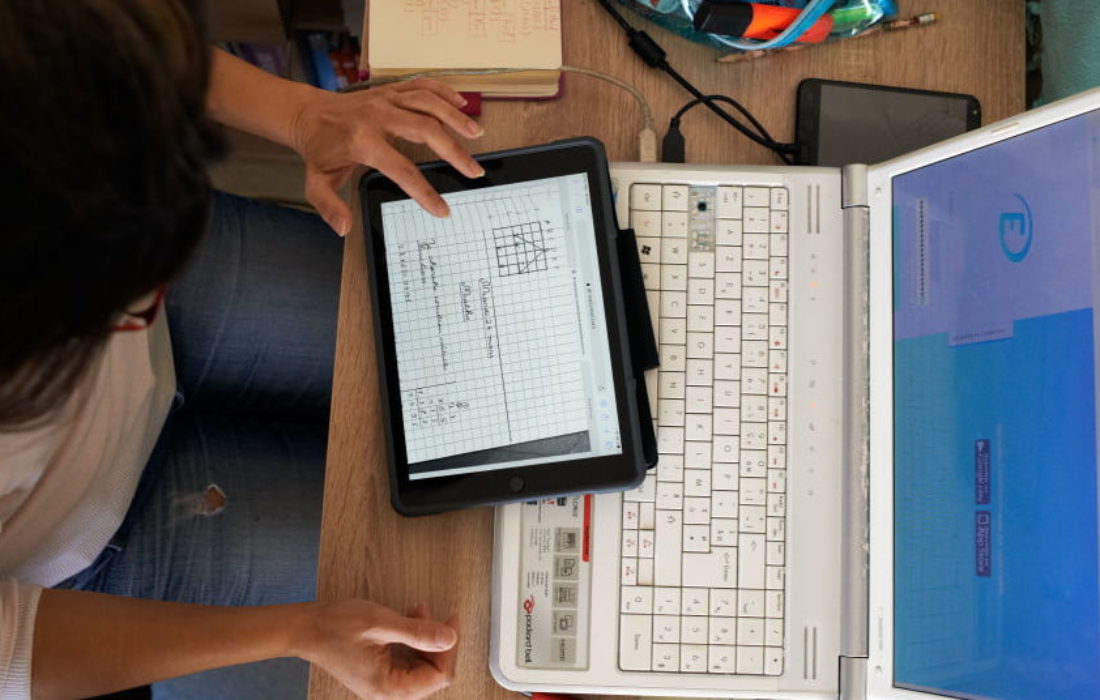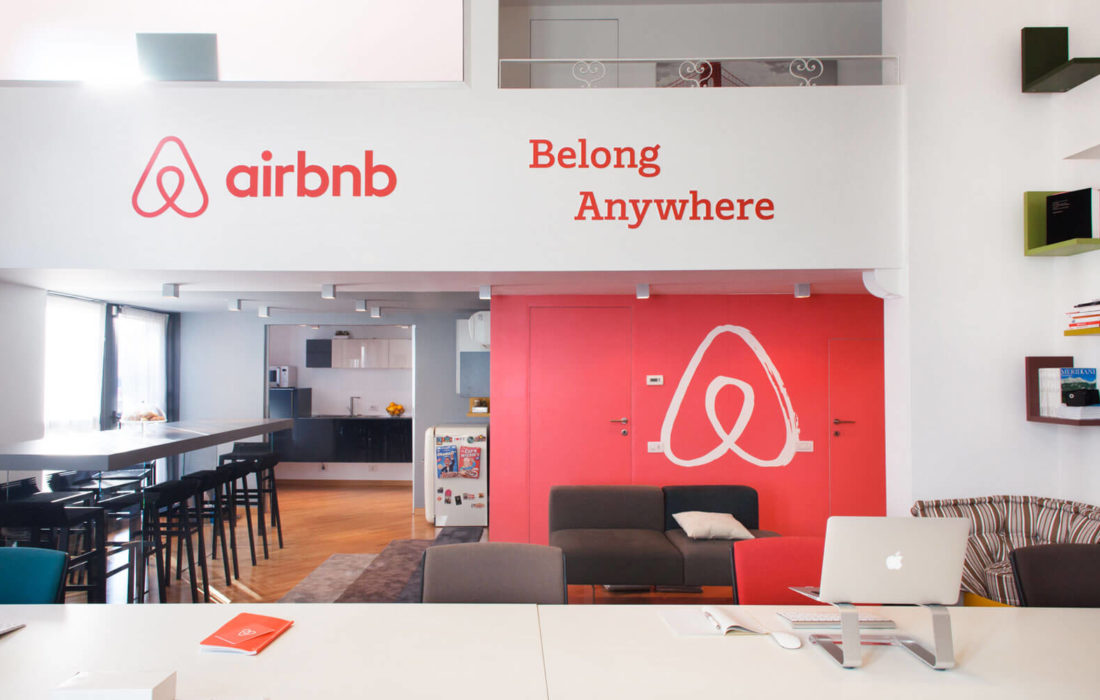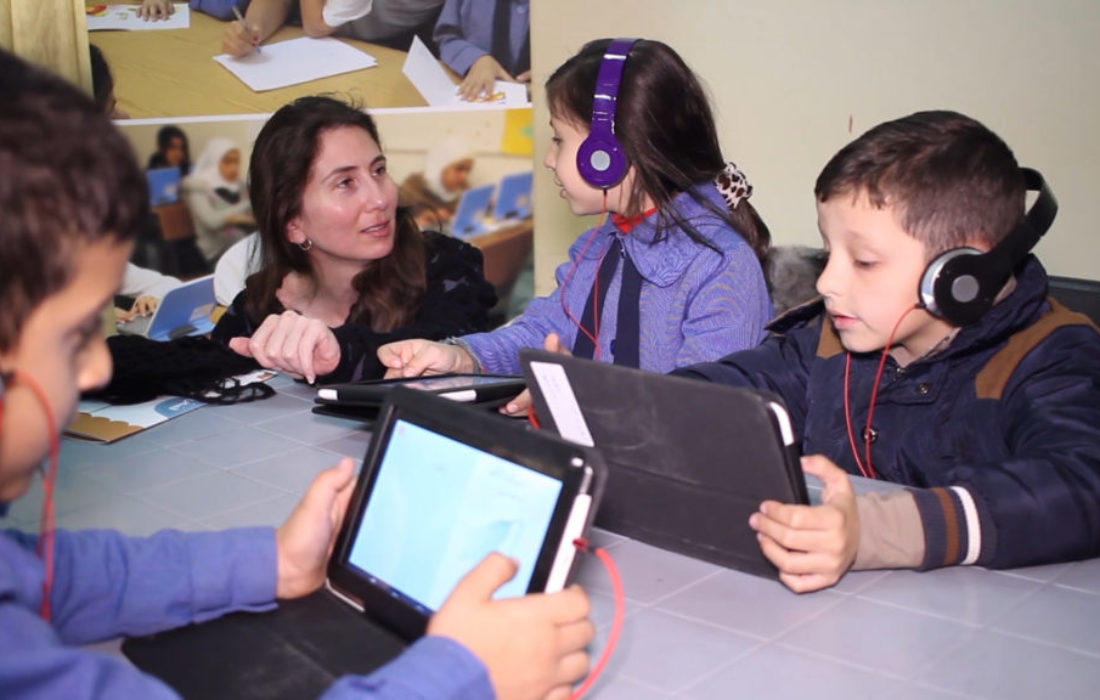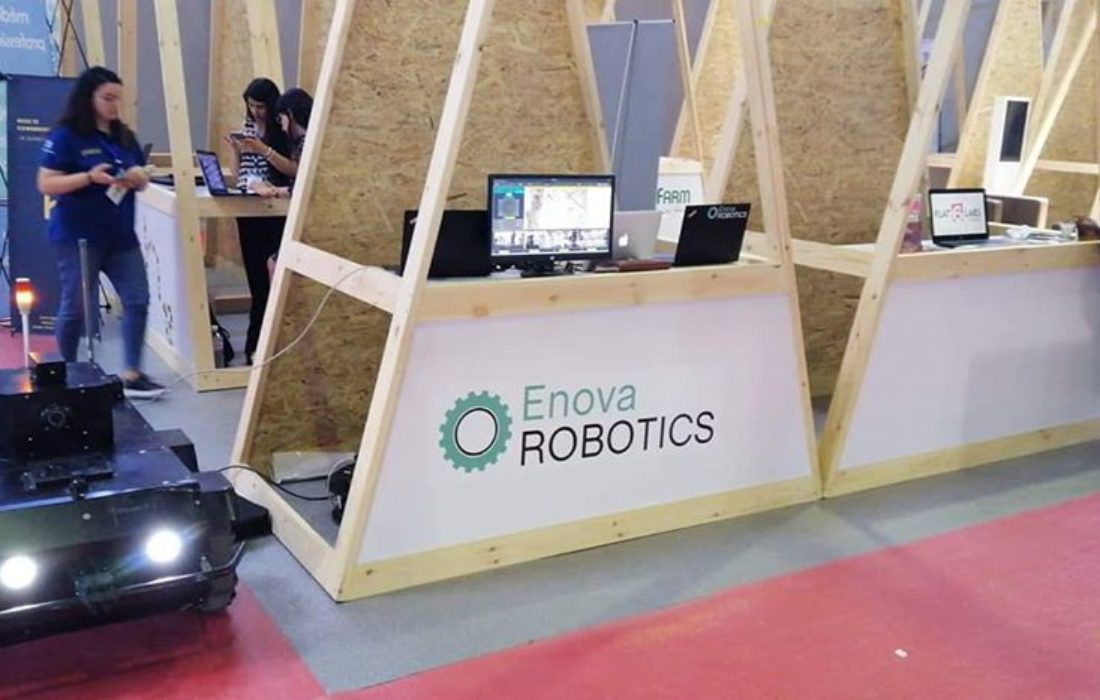Bekia, has launched a new grocery service which gives customers access to more goods and allows them to pay for them with cash upon delivery. The compnay launched the grocery delivery service to support their customers during the pandemic. The Egyptian government is urging citizens to stay home and has imposed a curfew to minimize the virus’ transmission.
Bekia officially started operating in 2018. The platform encourages users to recycle inorganic waste such as plastics, used vegetable oil, and more in exchange for goods. Users can enter the type of waste they have and input the amount, the website automatically calculates the number of points for the trash. Once a user reaches 50 points they can request an appointment for the company to come and collect the trash. In return, Bekia gives them goods such as food commodities, stationery, metro tickets, and more.
The new system is efficient for customers. “The customer does not need to leave their home since the service is on the same trip and at the same cost,” said Ala’a Afifi, CEO of the company.
Additionally, Bekia is currently looking into offering new services to increase the startup’s financial return. It also wants to increase the number of requests on the platform, especially with the curfew imposed by the government.
“Bekia was not negatively affected by this crisis like other companies. Especially since the people are staying home has affected consumption rates, and thus the amount of waste has become greater,” Afifi said. He adds work has increased for the operations team due to a rise in requests. As a result Bekia has been employing people to work in customer service. Afifi tells WAYA that the team continues its work as usual, with no deductions from any of the women’s portion. “We must overcome the crisis as a team together,” he says.
As for ensuring the sterilization of goods, Afifi states that they are committed to all safety and sterilization procedures inside delivery vehicles and in stores.
Bekia operates in 22 regions in Cairo and Giza. Its profits come from selling separated waste to factories and companies. It collects trash and then sells it as separated waste, as well as selling electronics after collection and repair.
Egypt produces 100 million tons of waste annually, over 22 billion tons of which has no recycling solutions.
If you see something out of place or would like to contribute to this story, check out our Ethics and Policy section.
